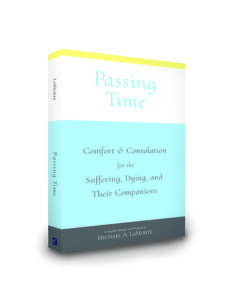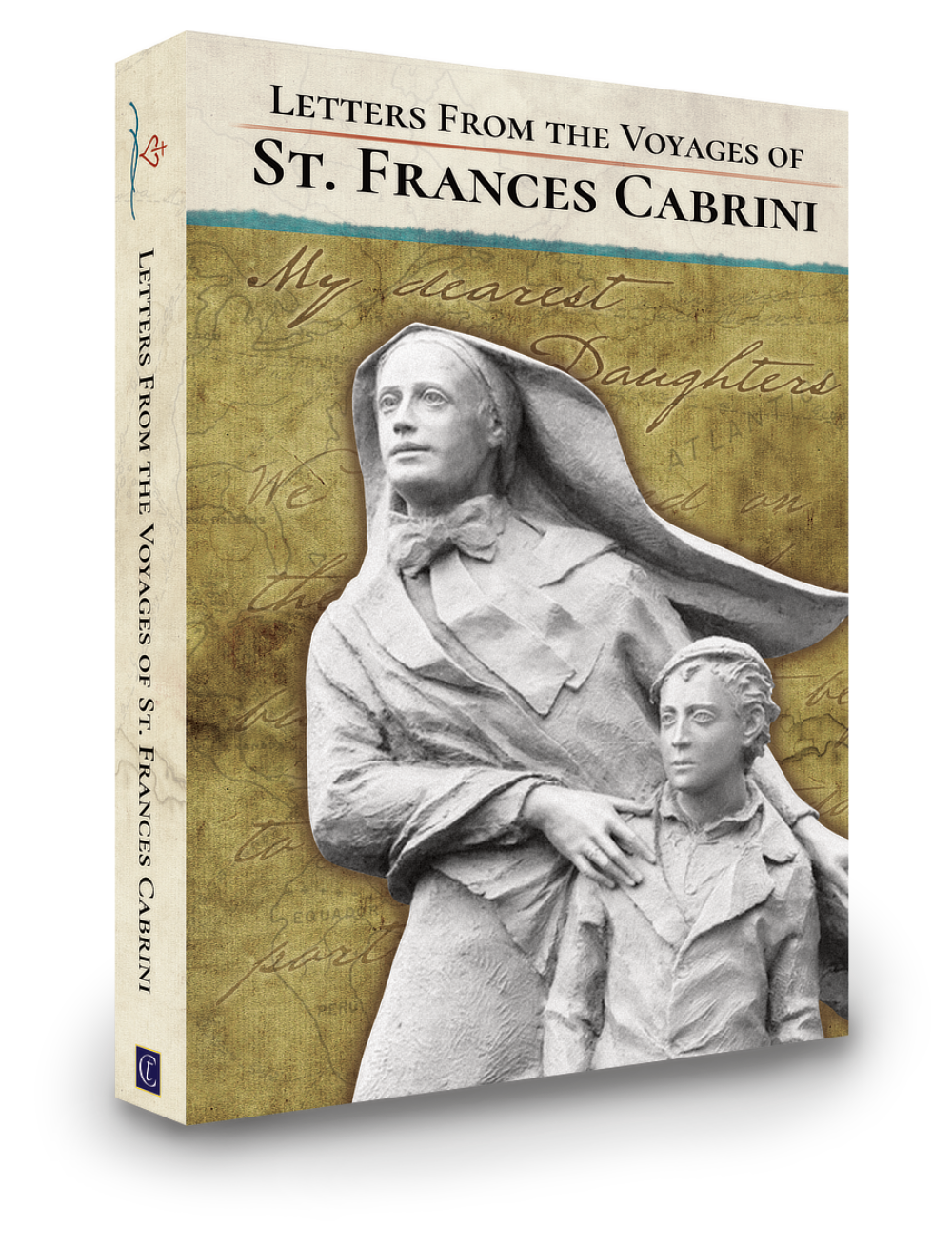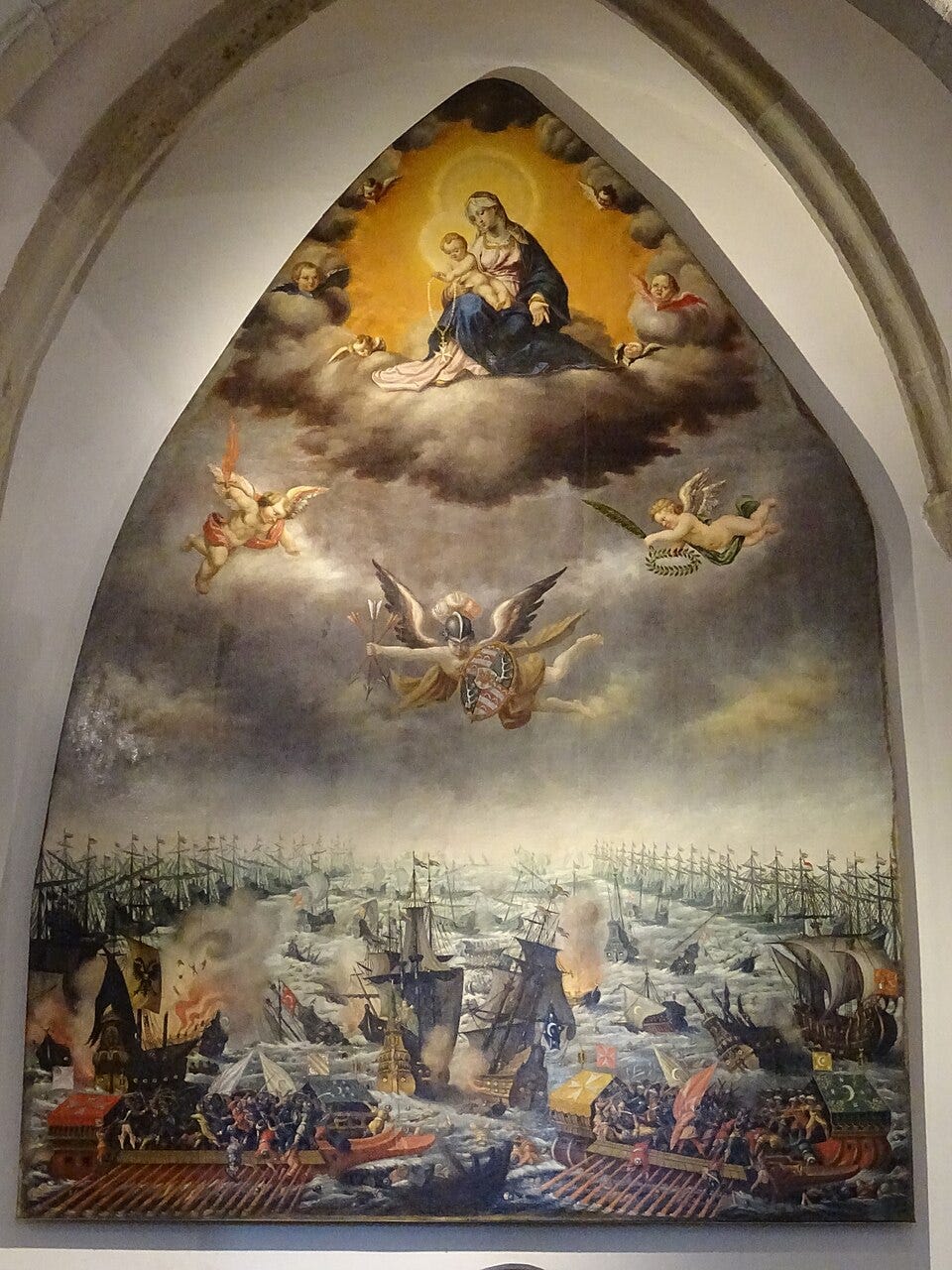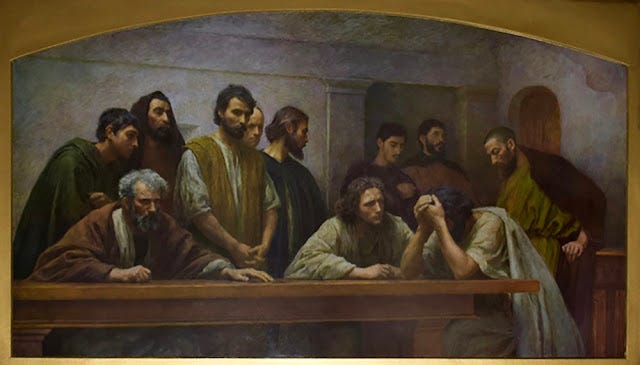In 1325, Antonio Pavoni was born into a noble family in northwest Italy who named him after St. Anthony of Padua. Antonio entered the Dominican order at 15 and as a priest, he quickly gained a reputation for his simple lifestyle and eloquent preaching. At 35 he was appointed the inquisitor-general for preaching against heresies in his region, and at 43 he was made prior of his abbey. In 1374 he was requested by the bishop of Turin to give a Lenten mission in the city. The Sunday after Easter he celebrated Mass, preached against the Waldensian heresies, and upon exiting the Church he was stabbed to death by seven Waldensian heretics who were lying in wait for him.
CHALLENGE
The Saturday before Blessed Antonio of Pavoni was martyred, he went to a barber and jokingly said, “Make sure it’s a good haircut, I’m invited to a wedding tomorrow.” Catholics don’t have weddings on Sundays because they are reserved for the wedding feast of the Lamb. From now on, before you go to Mass, ask yourself this question: “Am I dressed appropriately to attend the wedding feast of the Lamb?”
Forwarded this email? Don’t miss tomorrow! Sign up today and get The Saint Challenge delivered to your inbox!
The end of life is a difficult time, and the Catholic Church has a rich history of teachings and traditions to help people have a holy death, as well as grieve and pray for those who have departed from this world. Passing Time is a rich resource on the topics of suffering, death, and Purgatory, compiled from a variety of classical Catholic texts. Buy your copy today.







